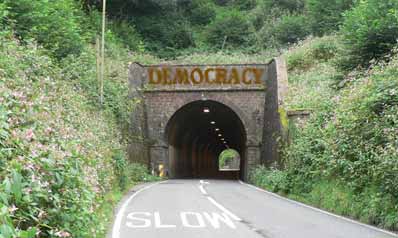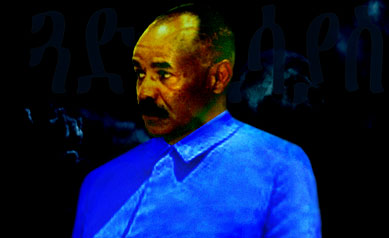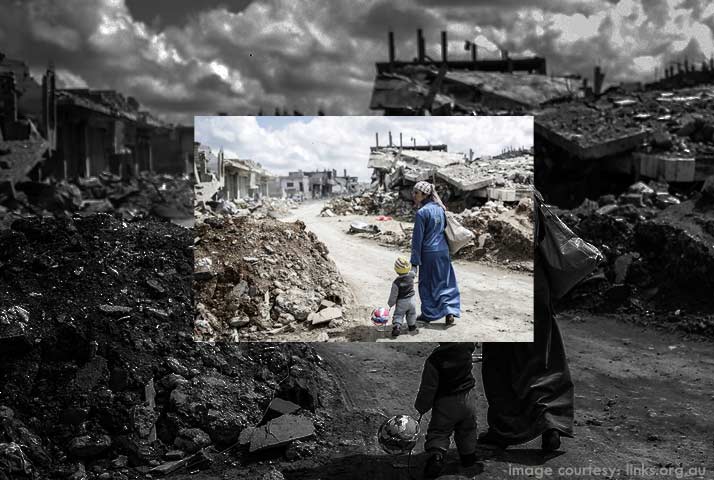Democratization And Transition: Introductory Remarks (Part 1)

The struggle for liberty and justice did not start on September 1, 1961. The date marks the beginning of the armed struggle for independence from Ethiopia. Nor did the struggle end on Independence Day (May 24, 1991). Nor will it end when the dictatorship falls. The search for liberty and justice is an ongoing process with no beginning and no end because there has been and always will be a certain degree of inequity and lack of freedom in all societies. Even in the best of worlds, liberty is never complete necessitating constant vigil and struggle. Just as we must strive assertively and constantly in our personal lives if we are to remain relevant or achieve goals, nations must ceaselessly struggle to increase freedom, justice, and the wellbeing of their citizens. The sooner we accept this reality, the more effective we will be in our struggle.
The 30-year armed struggle for independence as we all know was all about liberation from occupation. The overarching goal was independence from Ethiopia. Not much thought was given to politics beyond independence. Through a greater part of its existence, the liberation movement was engaged in a grim struggle for its very survival and had little luxury to think past the immediate task of winning the struggle for independence. Furthermore, independence had always seemed too far to worry about. Many also thought or believed that independence is all that mattered and all will be well after independence.
So when independence finally came, it caught many of us by surprise. Eritreans learned the bitter truth that domestic dictatorship can be just as brutal and as harsh as colonial oppression. The dream quickly degenerated into a nightmare of oppression, deep disappointment and mass disillusionment. Consequently, opposition to the regime grew slowly at first gaining momentum over the years and finally reached its current explosive growth. Today, we can unequivocally state that those who openly and secretly oppose the regime outnumber by a large margin those who do not.
It is therefore probable that the downfall of the regime will come sooner than later. It is plausible also that it will come upon us suddenly and unexpectedly and in ways that we never anticipated or imagined just as was the case with independence. Now is therefore the time to seriously think about the aftermath because when Isaias dies or is removed from power, the intricate system of control and oppression he established over the years will not die with him. Initially, the dictatorship will remain intact: the highly centralized command structure; the monopoly of land and economy; the Gulag-style prisons; the torture chambers; the extensive militarization of the population, the secret service and a host of other horrible legacies will remain and need to be carefully and wisely managed.
A major obstacle when contemplating such issues is the lackadaisical wishy-washy mentality of some in the opposition who find it difficult to envision Eritrea beyond its current predicament. Like those who internalize slavery after many years of victimization and deprivation, they are afraid of what freedom may bring. They want the safety, stability, and predictability of the slave system. To them, the oppressive regime (with or without Isaias) must remain because – and here is a shocker – none can govern the country the way they do! Can you think of anything more pathetic, dear reader, anything more oxymoronic, and sadly comical than a “resistance force” that pleads on behalf of its oppressor? Is it any wonder that Isaias would so audaciously insult our intelligence with fresh promises of drafting a new constitution? Why not… when some in the “opposition” are openly cheering him on?
But thankfully, there is a general consensus among Eritreans in the opposition and in the larger population about the form of Government that a post-Isaias Eritrea should have. The overwhelming majority wants the dictatorship out, dismantled and replaced with a just system. All are also agreed (except for a handful intellectual oddballs alluded to above) that we should have a representative democracy. Beyond such general conceptions of democracy, however, there has been little serious discussion about how to transition peacefully. Considering the gravity of the issue and the gigantic mess we will be inheriting, this is unfortunate. But as always, it is better late than never.
Transitions, whether personal, political, or social, can be quite challenging. They are not only demanding but can also be calamitous if not handled with care. The nation that mismanages a transitional period is literally playing with fire and courting disaster. As will all major changes, however, a certain degree of risk will always be there and may be unavoidable. The goal should not be to totally circumvent risk or danger (which in most cases is impossible anyway even if we don’t do anything) but to minimize them.
Our grand purpose during transition should be eradication of the dictatorial power nexus politically, economically, and socially. The oppressive apparatus must be totally and completely uprooted in such a way that there is no possibility of its ever coming back. This is absolutely necessary because if we leave even the smallest gaps in the old system, we increase the chances of its resurrection as we saw it happen in Egypt and in many other places.
In Part II, I will InshAllah state my views fully.
To be continued….



Awate Forum